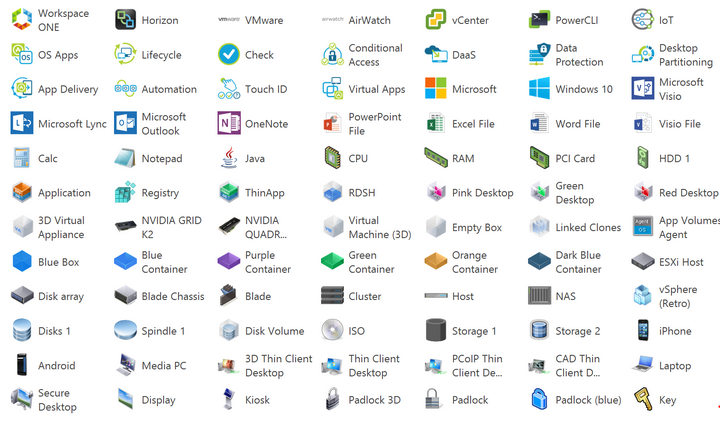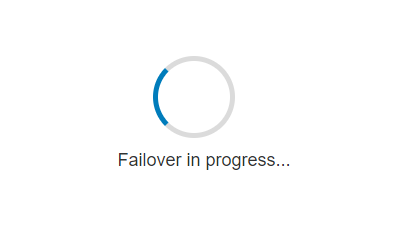With pleasure I’ve found an email in my inbox, telling me that I’m part of the 2018 vExpert program.

Another year vExpert
For me it’s an honor and an obligation. I will continue to share my knowledge with the community, and – time permitting – extend that effort.
VMware vExpert Program
The annual VMware vExpert award is given to individuals who have significantly contributed to the community of VMware users over the past year. The title is awarded to individuals (not employers) for their commitment to sharing their knowledge and passion for VMware technology above and beyond their job requirements.

The VMware vExpert program is VMware’s global evangelism and advocacy program. The program is designed to put VMware’s marketing resources towards your advocacy efforts. Promotion of your articles, exposure at our global events, co-op advertising, traffic analysis, and early access to beta programs and VMware’s roadmap. The awards are for individuals, not companies, and last for one year. Employees of both customers and partners can receive the awards. In the application, we consider various community activities from the previous year as well as the current year’s (only for 2nd half applications) activities in determining who gets awards. We look to see that not only were you active but are still active in the path you chose to apply for.
Links
vExpert tweets on Twitter: #vExpert
VMTN Blog – vExpert 2018 Award Announcement
VMware – vExpert Directory






